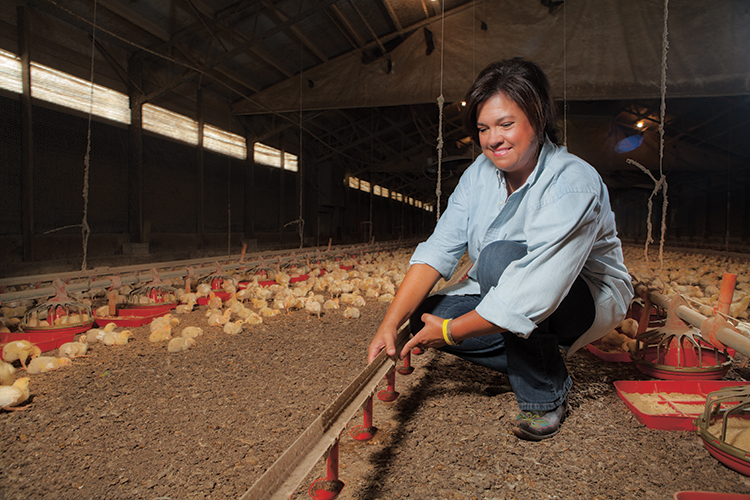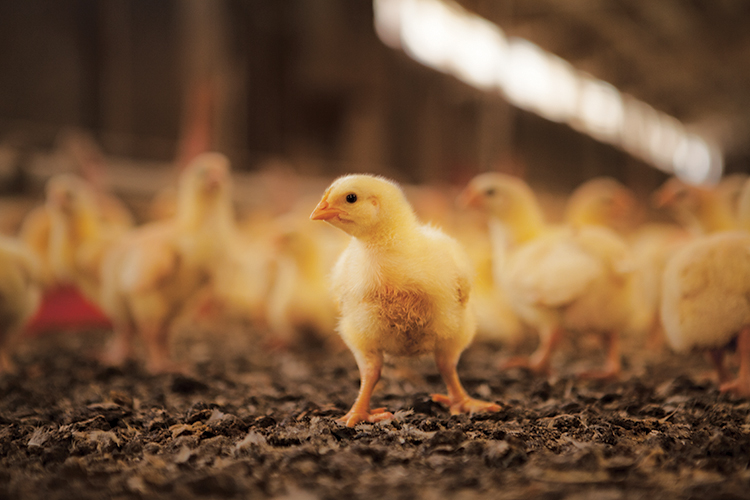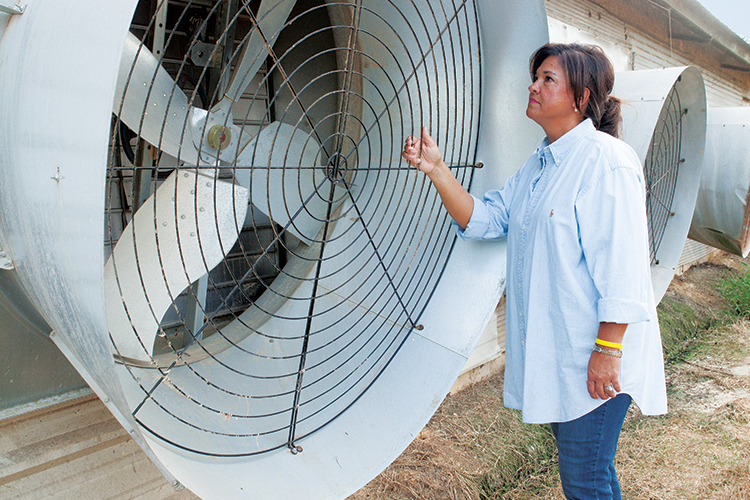Home > Mississippi > Mississippi Environment > An Eye on Energy Efficiency
An Eye on Energy Efficiency
In partnership with: Mississippi Department of Agriculture and Commerce
 On every farmer’s expense sheet, there’s an energy column, and no matter the energy source, the goal is the same: The better the energy-cost situation, the better the bottom line. Luckily in the U.S., the agriculture sector is a technology leader and highly mechanized, which is largely due to the availability of economically efficient energy supplies and infrastructure to deliver it. Moreover, thanks to human innovation and energy abundance, U.S. farmers can stay globally competitive. However, when compared to other states, Mississippi farmers have an even greater advantage when it comes to diesel, electricity and natural gas. For example, according to the U.S. Energy Information Administration, Mississippi pays 8.60 cents/kwh for electricity, significantly below the U.S. average retail price of 9.84 cents (data for 2013).
On every farmer’s expense sheet, there’s an energy column, and no matter the energy source, the goal is the same: The better the energy-cost situation, the better the bottom line. Luckily in the U.S., the agriculture sector is a technology leader and highly mechanized, which is largely due to the availability of economically efficient energy supplies and infrastructure to deliver it. Moreover, thanks to human innovation and energy abundance, U.S. farmers can stay globally competitive. However, when compared to other states, Mississippi farmers have an even greater advantage when it comes to diesel, electricity and natural gas. For example, according to the U.S. Energy Information Administration, Mississippi pays 8.60 cents/kwh for electricity, significantly below the U.S. average retail price of 9.84 cents (data for 2013).“Mississippi is an energy-rich state. Most people don’t know this, but Mississippi has a greater volume of natural gas flowing into and out of the state than any other state,” says Patrick Sullivan, president of the Mississippi Energy Institute. “In fact, the U.S. has more natural gas infrastructure than any other country in the world.” Abundant infrastructure, proximity to production and strong public policy are the reasons Mississippi pays less per unit of energy on average, Sullivan says. In addition, technology gives farmers more options for managing farms.
“U.S. energy prices are currently as low, or lower, than almost any part of the world. The takeaway is that people should be aware of energy policy as a state and country, and we should have an energy policy aimed at increasing supply to encourage lower energy prices. That supports all the benefits to the U.S. economy, including the farm economy.” 
Energy and Poultry
There’s no underestimating the important role energy plays in agriculture, and this is especially true for Mississippi’s poultry industry, the largest sector of agriculture in the state contributing more than $3 billion to its economy each year. “Energy is used from lighting to heating and cooling, to ventilation to electric motors running the feed,” says Michelle Mangold, a fourth-generation farmer who’s dedicated the past 19 years to raising poultry. Presently overseeing eight poultry houses in Brookhaven and raising 950,000- plus chicks annually, Mangold knows from experience that “loss of electricity to poultry farmers is a potential economic loss. Our houses rely heavily on electricity to ensure the chickens stay comfortable.”
One reason poultry farming is an energy-extensive operation is that house temperatures range anywhere from 65 to 91 degrees year round. Since fluctuating temperatures can regress growth, Mangold keeps backup diesel generators for emergency situations. “When we started in the business, electricity didn’t cost much because we didn’t have all the technology we do now, but it’s good because technology makes for a better and easier grow-out as the chickens are more comfortable.”  For example, upgrades like tunnel fans and cool cell pads have helped increase average chicken weight from 4.5 to 7 pounds, which results in more poultry product.
For example, upgrades like tunnel fans and cool cell pads have helped increase average chicken weight from 4.5 to 7 pounds, which results in more poultry product.



